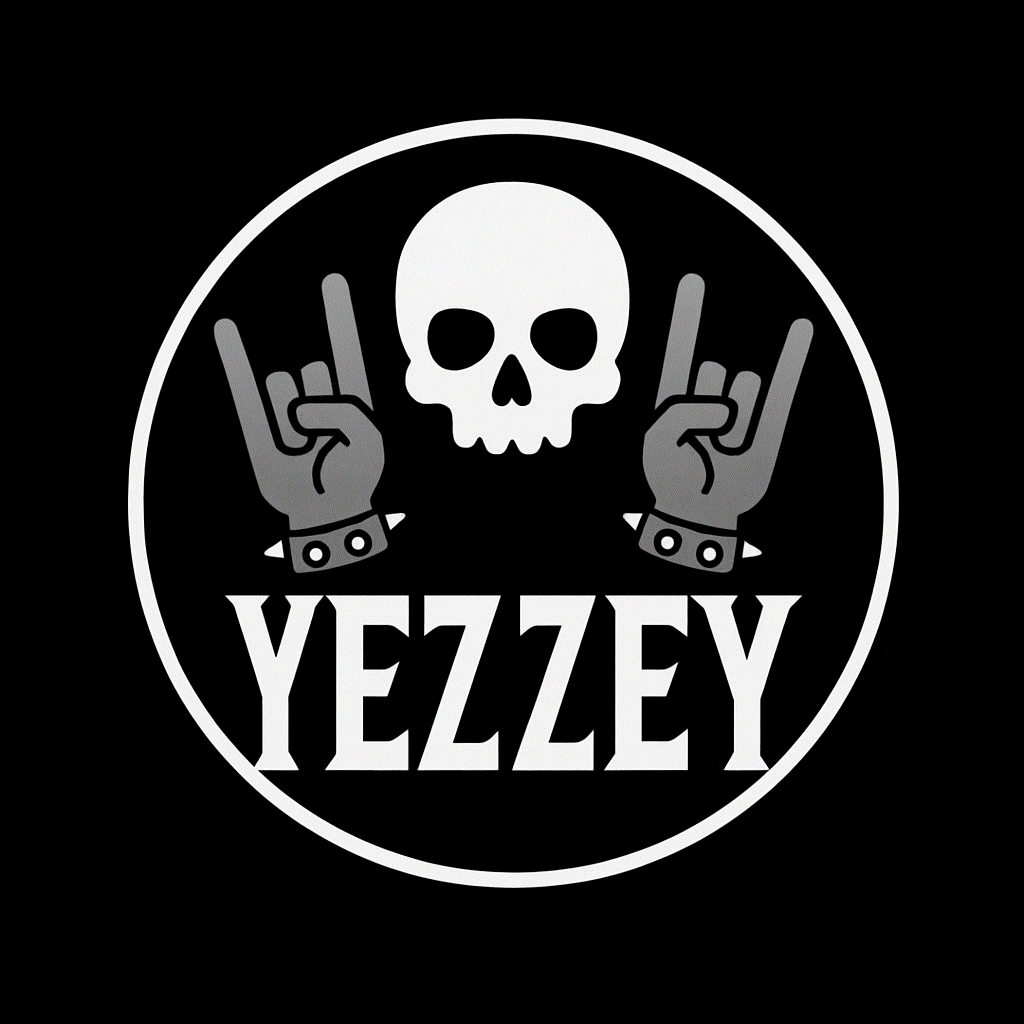What if someone started a real underground music label on the dark web. Bitcoin only, no banks, no streaming and no middlemen. Artists could drop music, earn for say 5 or 10 years, then the rights go to the public domain. No corporate ownership, no lifetime contracts.
Could a label like that actually work?


how does IP law stop that though? most art theft is done by large media conglomerates. it’s similar to worrying about petty theft when most theft is caused by employers stealing wages. the only way to enforce your property is to have a better lawyer than the media conglomerates violating your copyright, or to get lucky with a judge that can sympathize with your plight.
you’re right, and I didn’t mean to imply that making your work public would solve the issue of capitalist exploitation of artists. the way to solve it is to unionize, build mutual aid societies for your fans to donate to you, build more food banks, join a tenant’s union, making housing free or decriminalizing squatting. things like giving people a universal living standard instead of making them rely on money and predatory systems to survive
I think you’re describing an idolised world and ignoring the complications of resource allocation and practicalities around providing the trust required for efficient swapping of goods (ie. someone actually paying for the enjoyment of the music so the musician can eat).
most musicians are starving rn because of IP law and label monopolies on the industry. expecting this system to feed their bellies is the textbook definition of an idolized world
I never said the current system was perfect or that IP didn’t have problems that are frequently abused (including building monopolies and wrestling rights away from creators)
I just said the counterpoint being pitched has some flaws that I don’t think stand up to practice and included some processes that I think would be part of how it falls apart